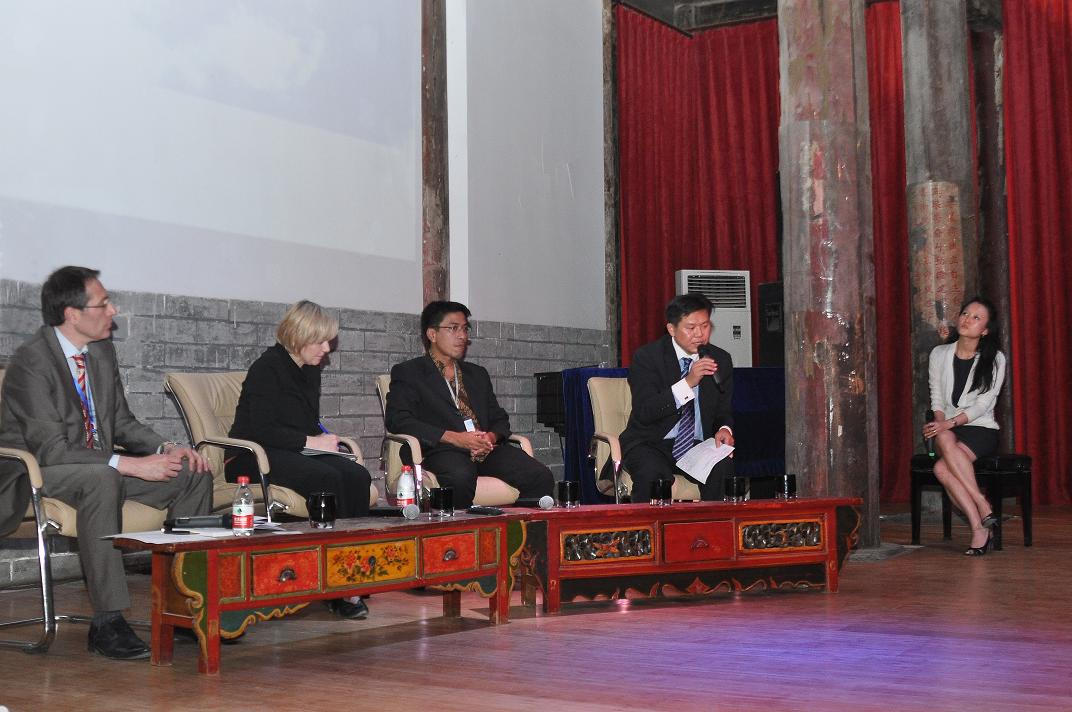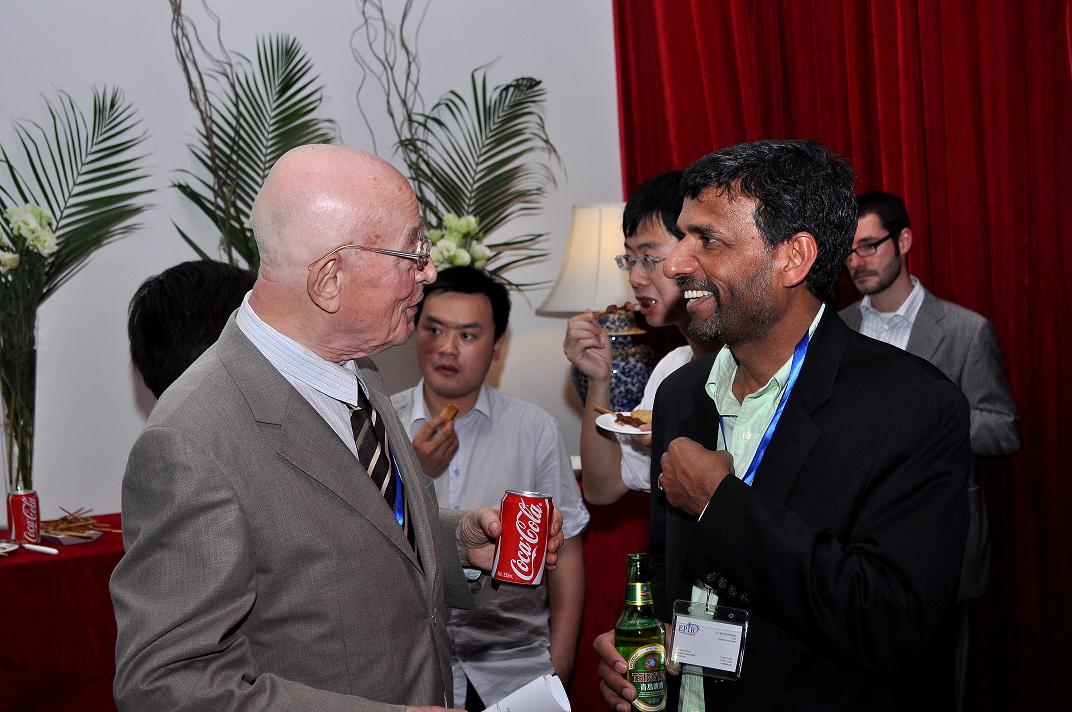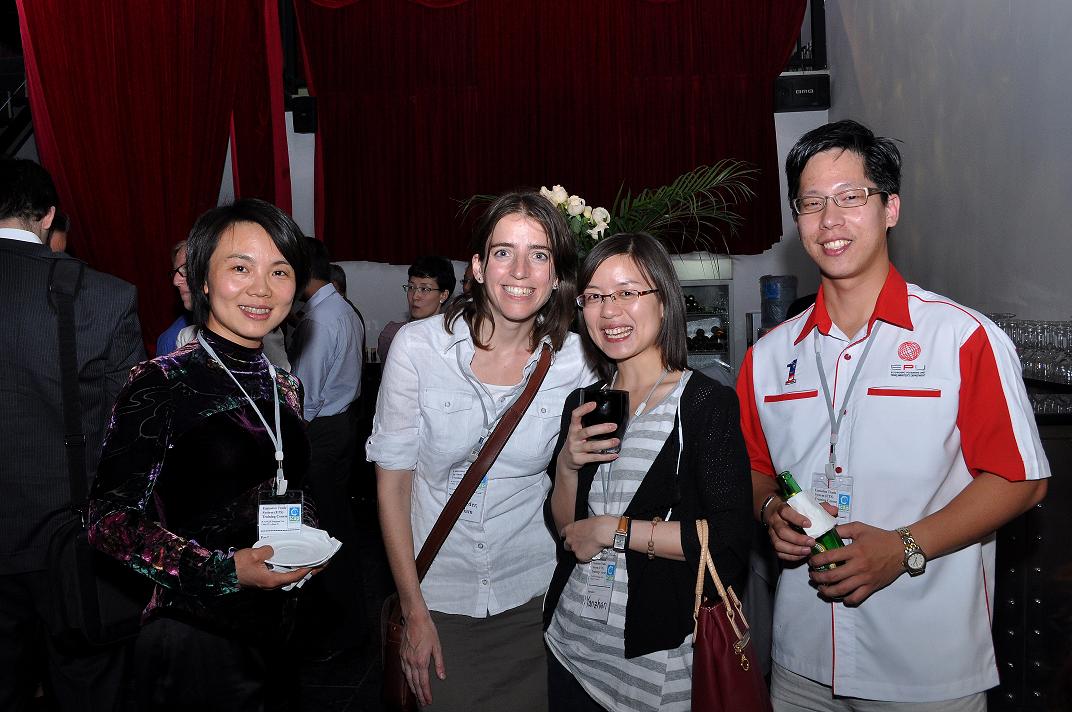The China Low Carbon Leadership Network is a communication platform and includes a series of networking and consultation events involving the climate change sector in China. It is jointly organized by the China Carbon Forum (CCF) and Deutsche Gesellschaft für Internationale Zusammenarbeit (GIZ) GmbH. ‘Emission Trading Schemes – European and Asian Perspectives of Cooperation’ is the fifth event of the platform.
25th May, 2011
‘Emission Trading Schemes: European and Asian Perspectives of Cooperation’ presented an engaging forum to discuss the various approaches and means of cooperation for establishing emission trading schemes (ETS), in both Europe and in Asia.
The event was jointly held as part of a summer school arranged by the International Climate Action Partnership (ICAP), a partnership of public sector organizations established in 2007 that provides public workshops and closed door meetings on how to setup well-functioning emissions trading schemes (ETS). Featured speakers were:
• Mr. Stefan Bundscherer, Programme Director, Deutsche Gesellschaft für Internationale Zusammenarbeit (GIZ) GmbH (Opening Remarks)
• Ms. Vicky Pollard, Policy Officer Directorate General Climate Action, European Commission, Brussels
• Mr. Mei Dewen, Managing Director, China Beijing Environmental Exchange (CBEEX)
• Mr. Andi Samyanugraha, Senior Officer, Carbon Trade Mechanism Division, National Council on Climate Change, Indonesia
• Mr. Sascha Müller-Kraenner, Founder and Partner, Ecologic Institute, Berlin (Moderator)
• Mr. Jeffrey Swartz, Advisor to the Chairman, China Carbon Forum (Closing Remarks)
The discussion was subject to the Chatham House rule.
While discussing the potential for establishing ETS in China, the speakers noted that the National Development and Reform Commission (NDRC) plans to establish regional ETS pilots by 2013, with hopes for a national ETS by 2015. It was also mentioned that Europe took five years of thorough research and development to establish their own ETS, while the United States has discussed emissions trading schemes as early as the 1990s. In order for China to achieve ETS in such a short amount of time, the panelists agreed that cooperation with other countries with already established ETS was essential to achieving this goal.
When reflecting on the value of EU cooperation with China on ETS, the panelists observed that the conversation of the EU with China is not about linkage between OECD member states, but rather about pilots and policy development with the government and how to strengthen cooperation in the future. In addition to ETS, the speakers noted that the EU would be able to share their lessons on how to manage diversity, given the EU’s experience with diverse member states that also include large economic disparities. The panelists observed that China would have to develop its own particular ‘Chinese’ ETS, for example, by emissions trading in the agricultural sector. However, the speakers agreed the EU would be able to help in the area of capacity building and understanding.
During the panel discussion, the potential of Indonesia’s carbon market was said to be untapped, with emissions resulting largely from the land, energy, and transportation sectors. Indonesia has yet to make a decision about pursuing carbon markets, with the only definite aspect of Indonesia’s carbon markets being its large mitigation potential. Despite uncertainties, it was generally acknowledged that some fundamentals should be developed before determining what kind of carbon market would be suitable for Indonesia.
Over 70 people from foreign embassies and institutions, Chinese government, NGOs, and industry attended the event. Participants engaged in a lengthy and thoughtful Q&A discussion after the panel, and many also stayed long afterward to network and discuss the topics of the evening.




